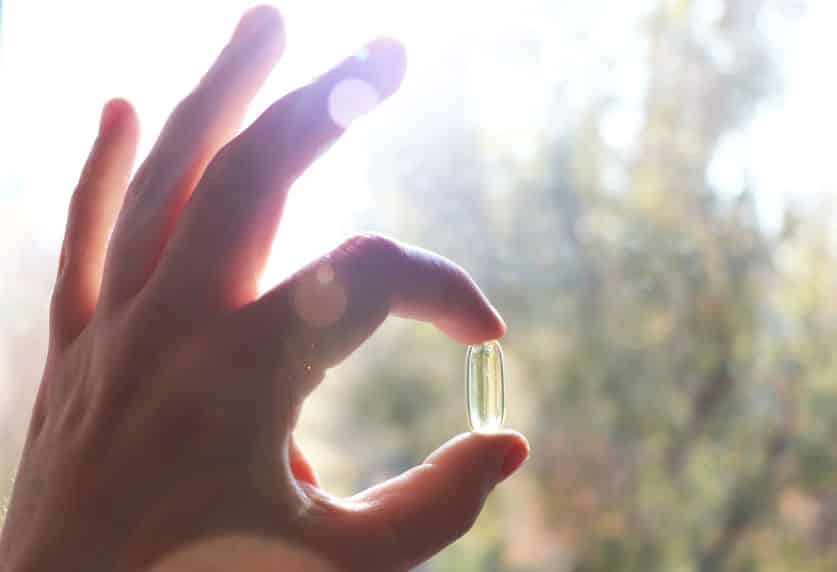By Kathy Driscoll –
Don’t argue with Dr. Anthony Fauci when it comes to what’s good for you. The face of scientific reason for the Covid-19 crisis for two presidents says he takes Vitamin D regularly because it “does have an impact on your susceptibility to infection.”
The good doctor, of course, isn’t touting Vitamin D as a cure all to block the spread of the coronavirus. But there are a growing number of studies involving the “sunshine vitamin” that note its possible support for treating and limiting Covid-19’s impact. These reports come on the heels of the long acknowledged support for Vitamin D’s health benefits in general. In fact, WellWell’s recent interview with Dr. Judson Somerville, author of The Optimal Dose: Restore Your Health With the Power of Vitamin D3, pointed out the “massive impact” that Vitamin D can have on the immune system and fending off disease and infection.
Its power stems from a hormone that the kidneys produce that controls blood calcium concentration and bolsters immunity. Often linked to sunlight exposure, many people get their Vitamin D fix and its benefits from fortified foods, such as milk, orange juice and breakfast cereals, as well as supplements.
But while vitamin D’s connections to overall health and immunity seem to be well established, what’s been much more difficult for researchers to confirm is the connection between Covid-19 and actual Vitamin D deficiency and whether the sunshine vitamin would aid in the fight against the virus. Julian Tang, a clinical virologist and physician at the University of Leicester in England, told the Wall Street Journal that the real debate is over its actual protective effects.
“The debate is around how much of a role Vitamin D plays in protecting you from Covid-19 or influenza via that immune boosting,” he said.
Regardless of its ability to thwart Covid-19, Americans face another issue when it comes to Vitamin D. Nearly half of them don’t get enough of it with higher rates of deficiency seen in African Americans, Hispanics and those living in areas which lack sun exposure.
These deficiencies are all the more troubling in the face of a recent Spanish study that underscored the potential link between Vitamin D deficiencies and Covid-19. The Endocrine Society’s Journal of Clinical Endocrinology & Metabolism reported that 80 percent of 200 Spanish Covid-19 patients examined were Vitamin D deficient.
Jose L. Hernandez , the study’s co-author, went on to note that identifying and treating Vitamin D deficiency in high-risk individuals, including the elderly and nursing home residents, might benefit both their “musculoskeletal and the immune systems.”
Other Spanish studies found similar links. One focused on more than 75 hospitalized Covid-19 patients and found risk of admissions to intensive care units was reduced after treatments of high-doses of Vitamin D. Another study noted that other Covid-19 patients treated with a with a high dose of calcifediol, a derivative of vitamin D, fared much better than a control group that did not receive calcifediol.
While encouraging, the researchers were quick to note that these studies were limited in scope and much more research needs to be done before any definitive links between Vitamin D and Covid-19 can be established.
University of Chicago, nonetheless, also weighed in on the possible connection last fall when it reported that individuals with Vitamin D deficiency might be at higher risk of contracting Covid-19, raising the possibility that related treatments might lower their risk of contracting the virus. “Understanding whether treating Vitamin D deficiency changes Covid-19 risk could be of great importance locally, nationally and globally,” reported the study’s lead author, Dr. David Meltzer. “Vitamin D is inexpensive, generally very safe to take and can be widely scaled,” he added.
For all the tantalizing research, the U.S. Preventive Services Task Force, which looked at Vitamin D deficiency just last fall, is holding back on any related recommendations, noting more research is needed.
Of course, that doesn’t mean it isn’t worth taking Vitamin D in any case. Just ask Dr. Fauci.













